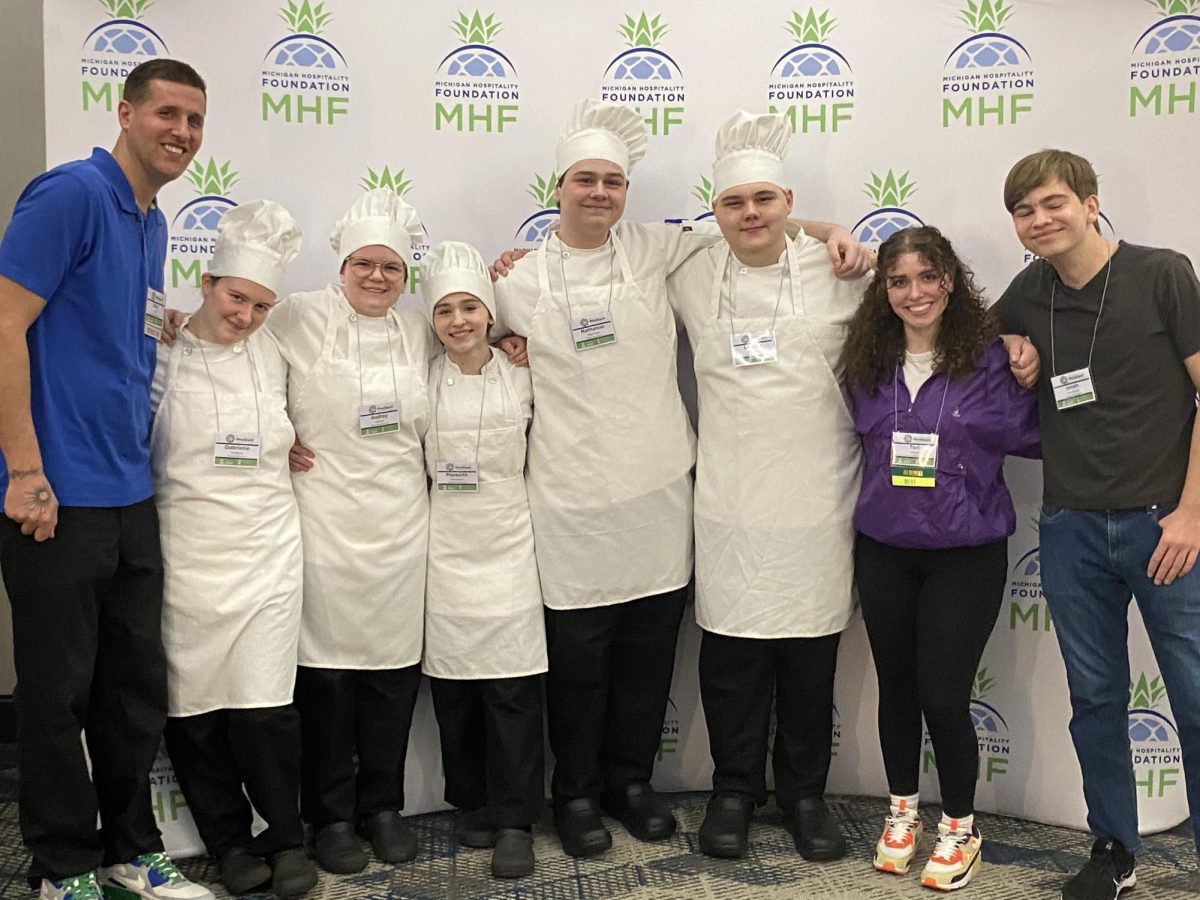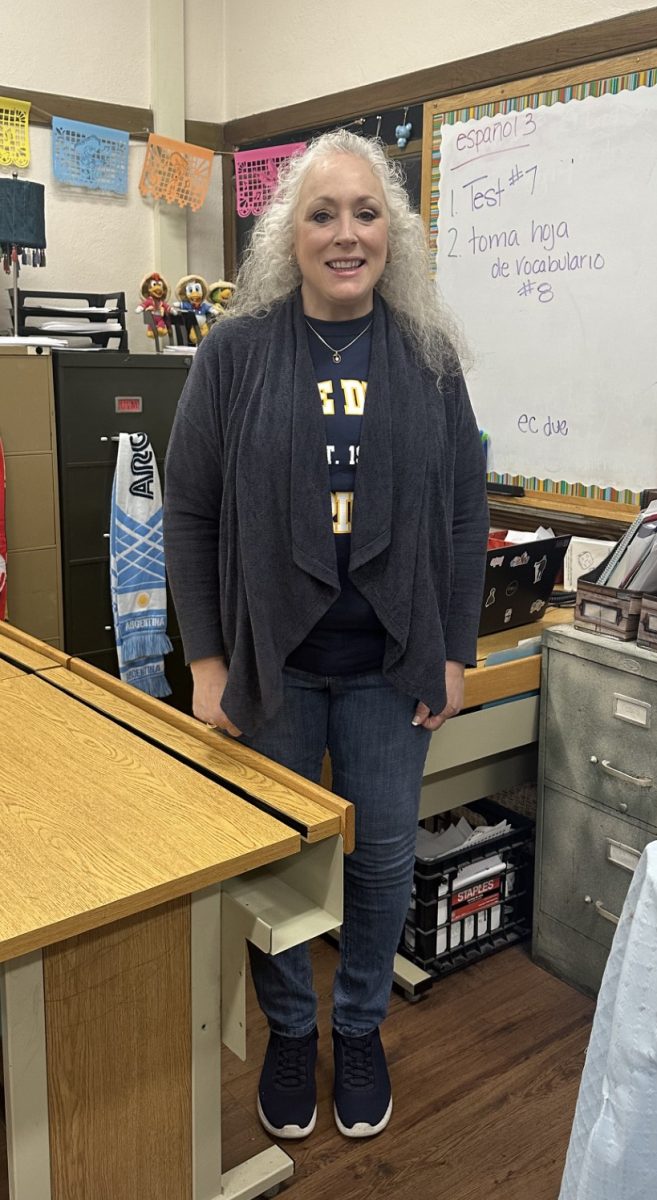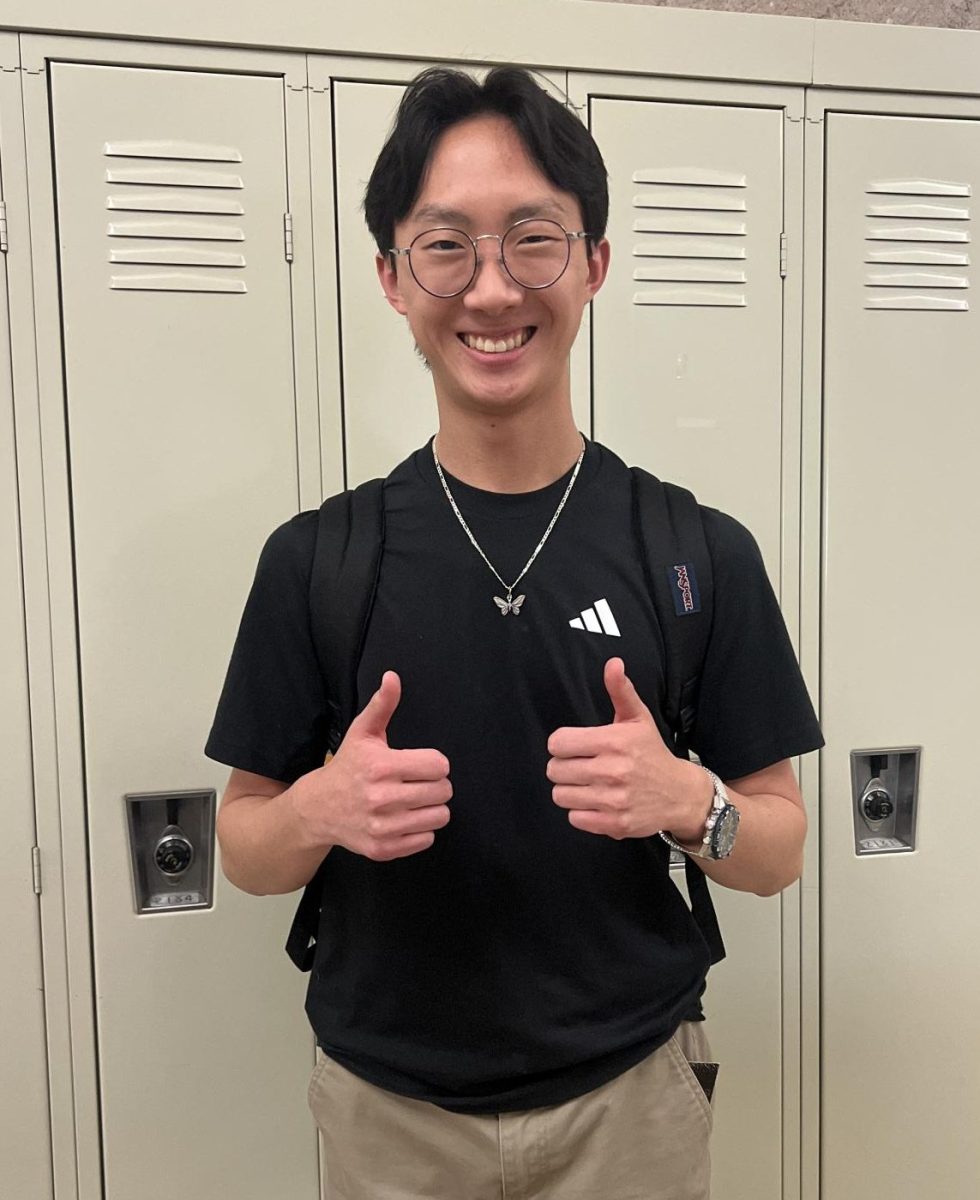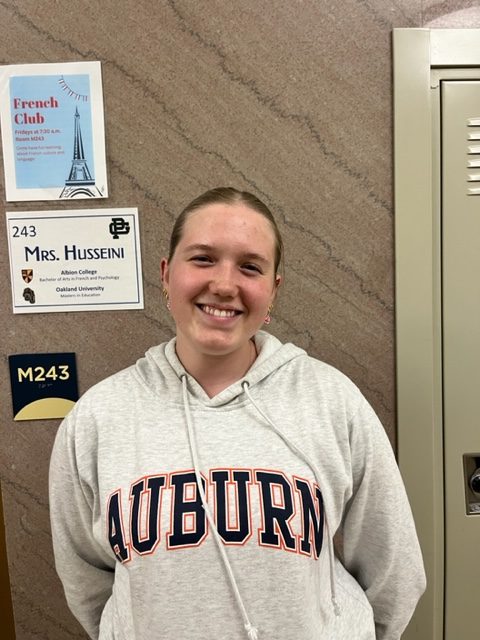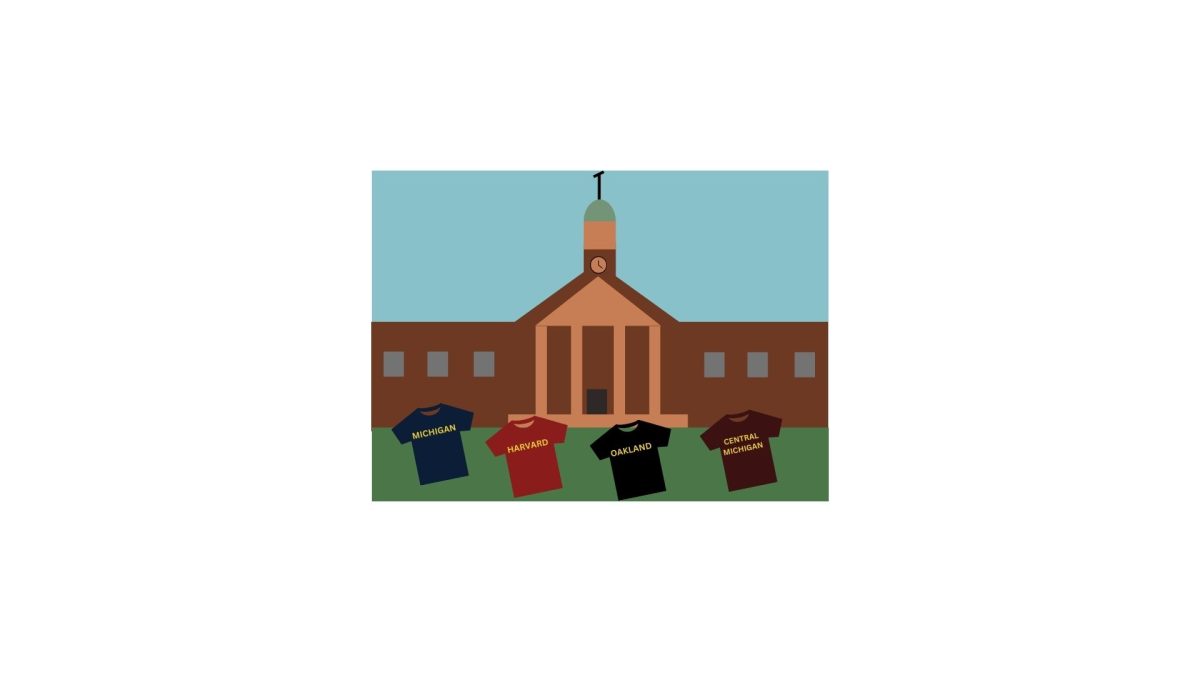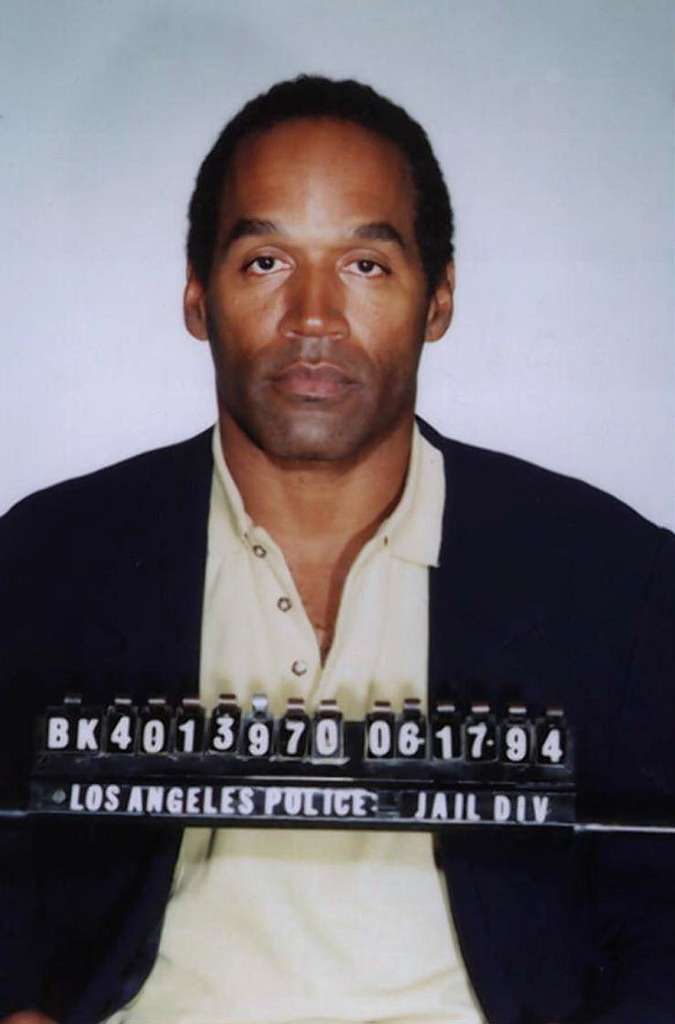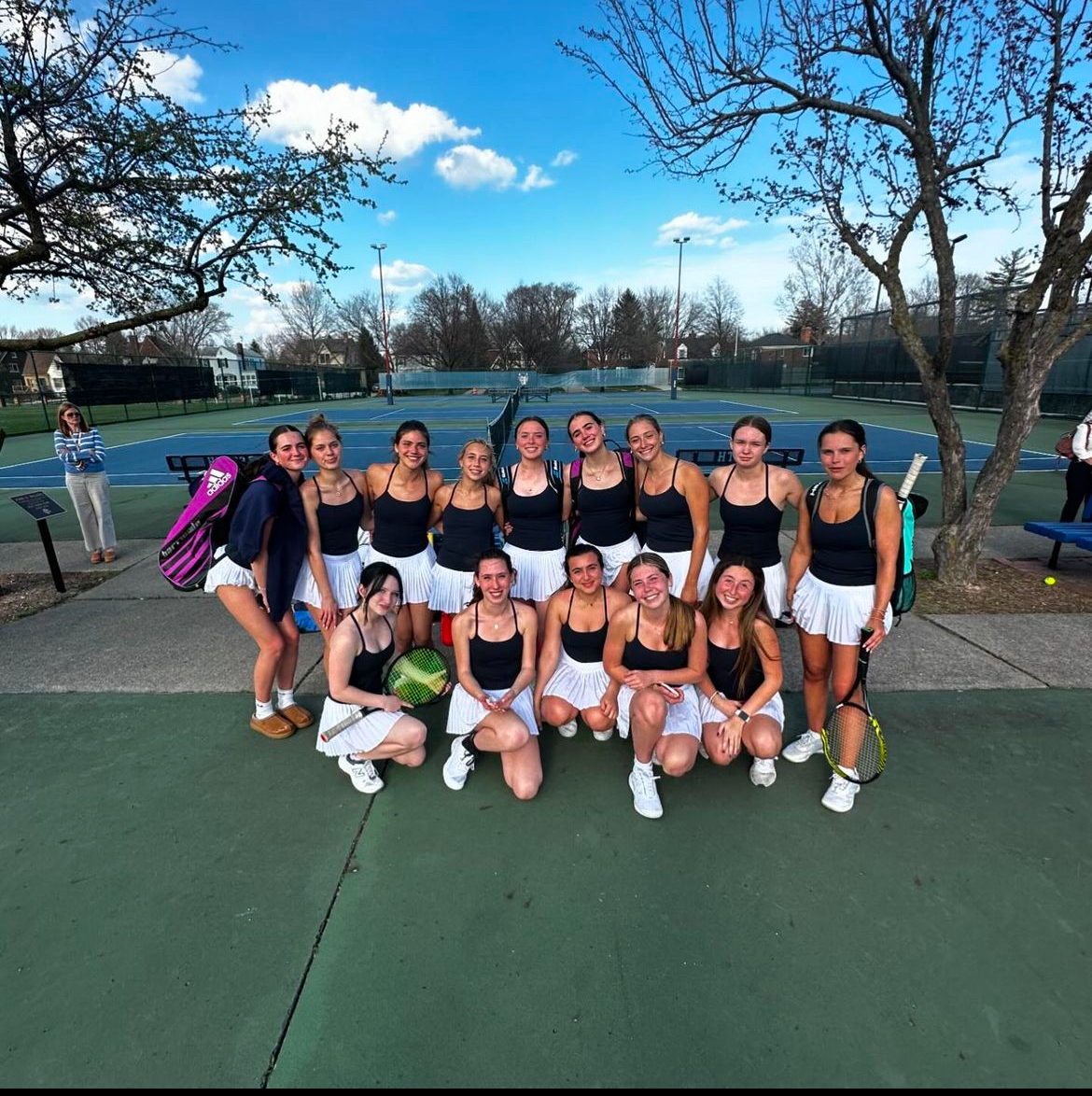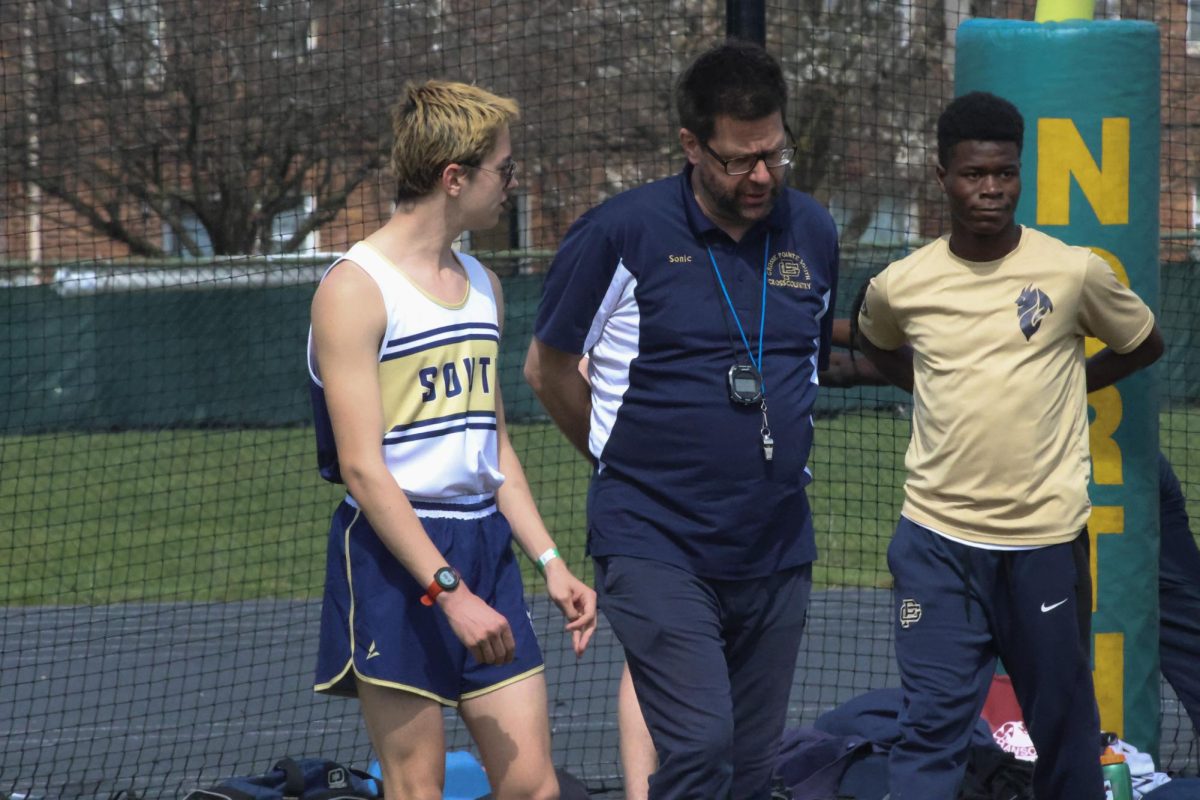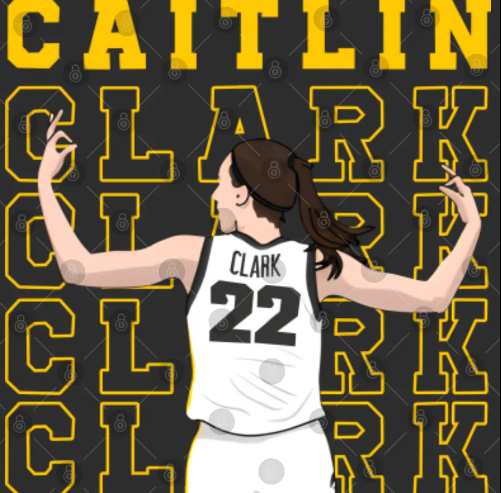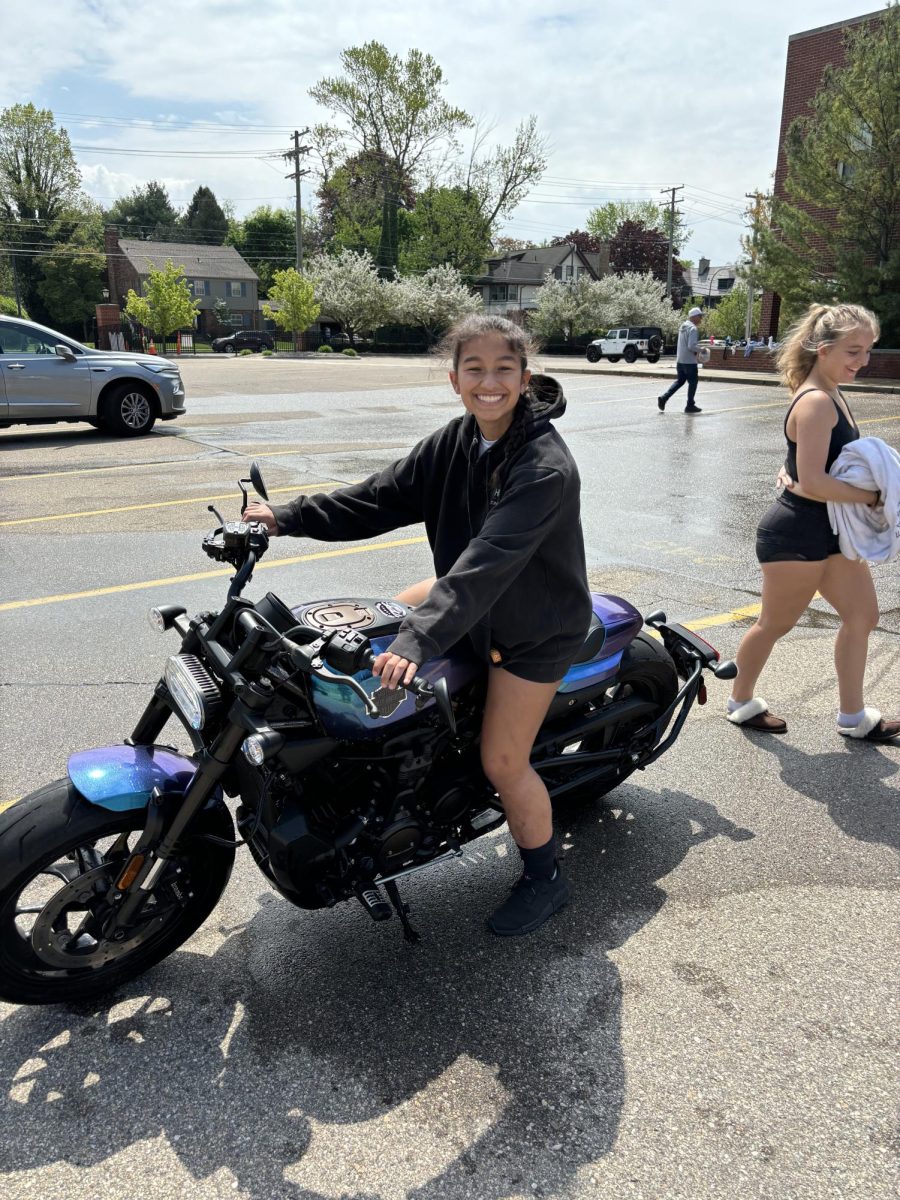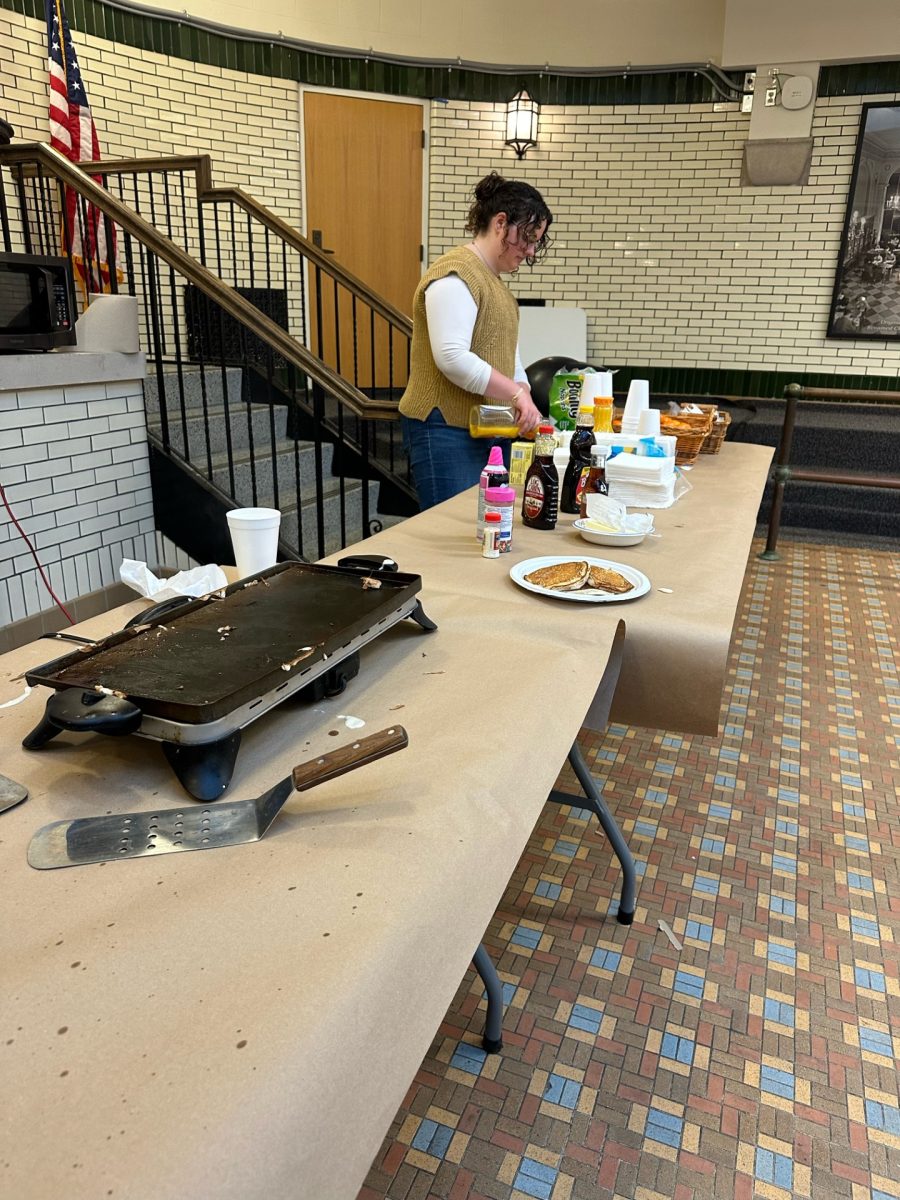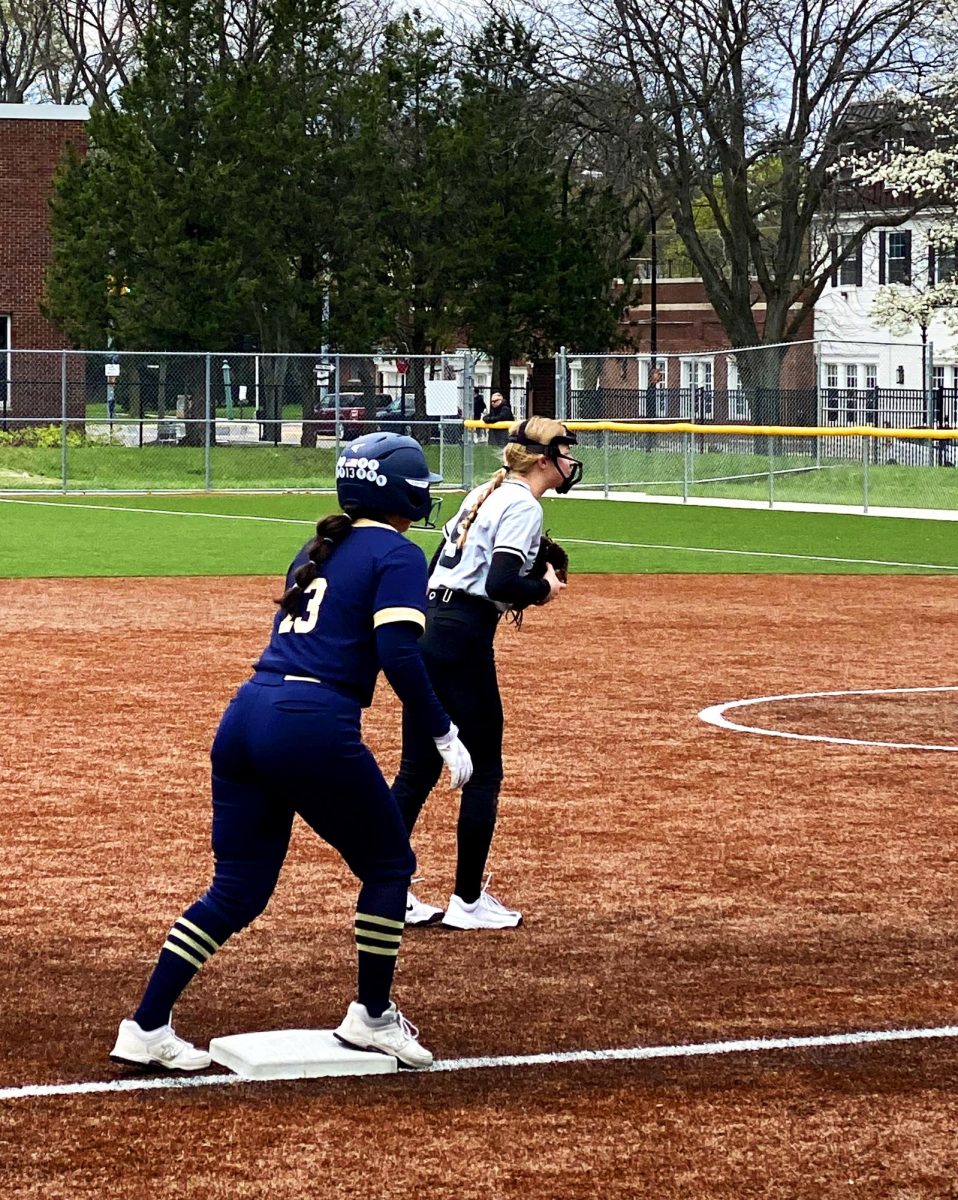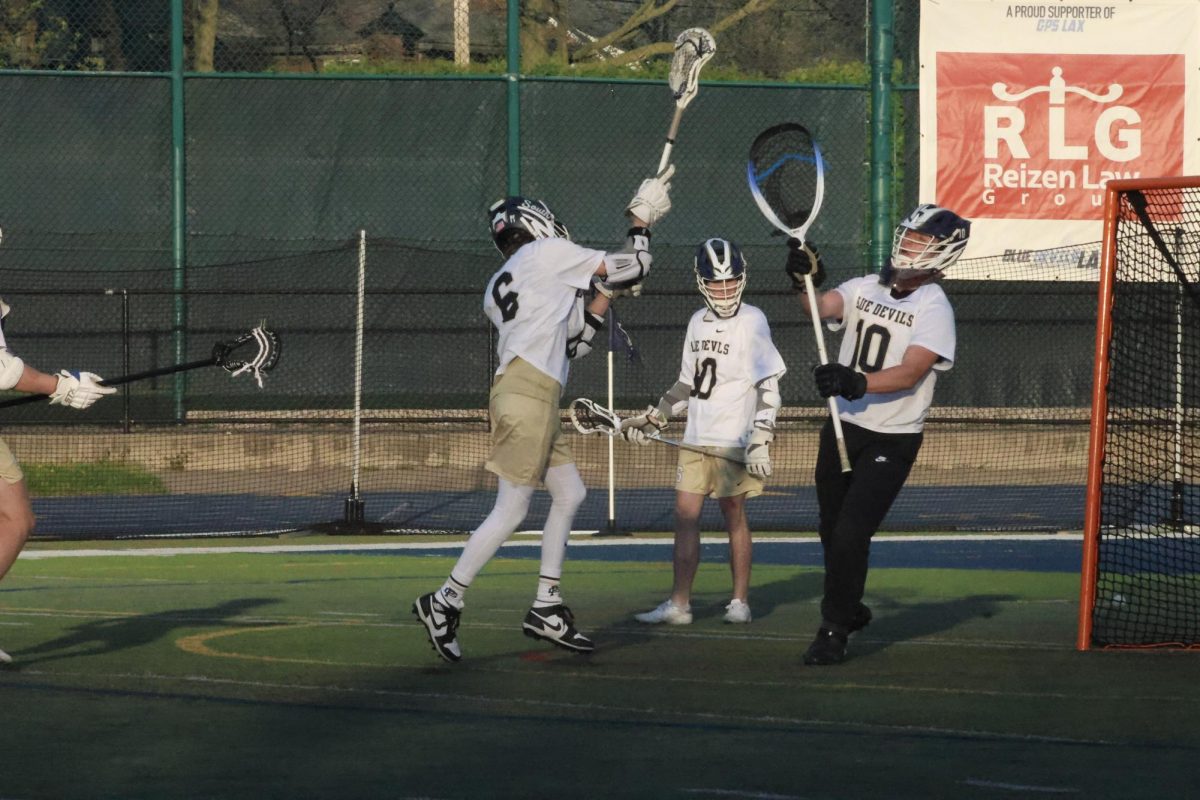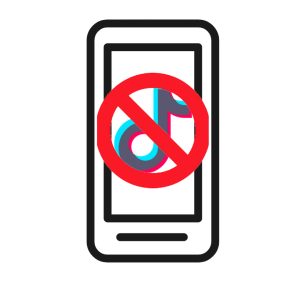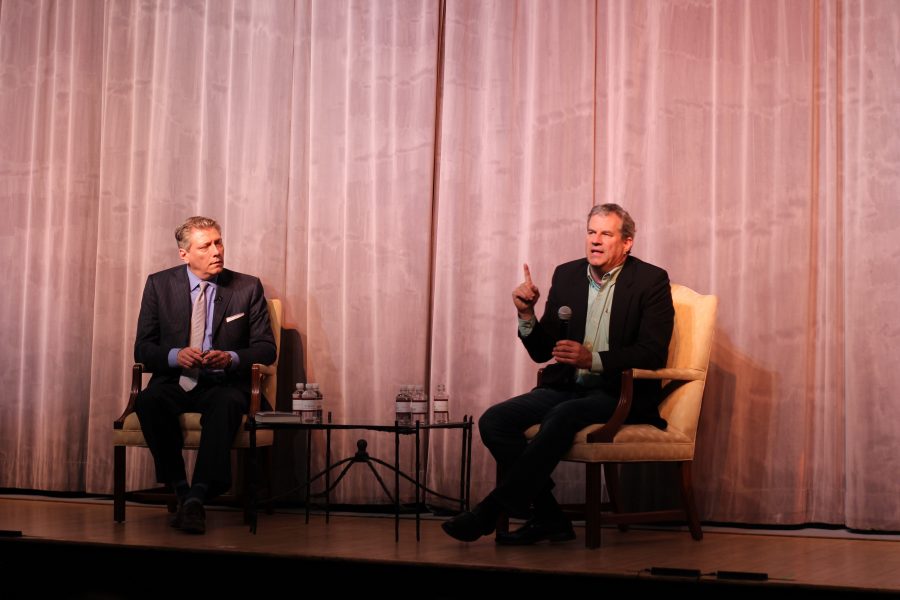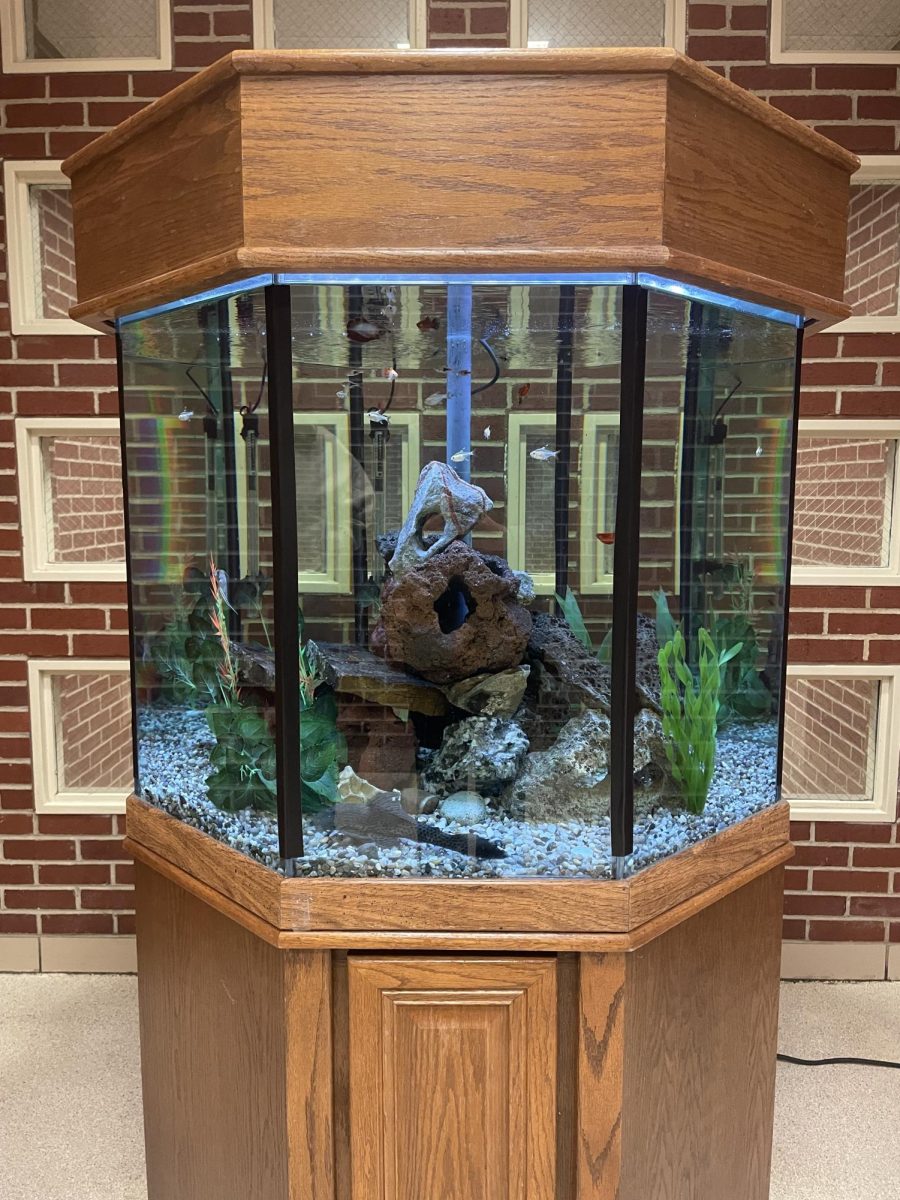By Erykah Benson ’17 | Page Editor
On Tues. March 15, the auditorium at the Grosse Pointe War Memorial was full to the brim with concerned parents, families and students.
Around 415 people registered for this free event, according to managers of the Family Life Center, so much that chairs had to be set up in the War Memorial ballroom upstairs, where the audience watched a simulcast of the discussion happening on the floor below them.
The focal point of the discussion was on the book “Dreamland: The True Tale of America’s Opiate Epidemic,” written by Sam Quinones, where he revealed through research the crippling cycle of drug abuse in suburbia, and America as a whole.
Working as an investigative reporter for the Los Angeles Times, Quinones was stationed in small Mexican towns during the 1990s, where he spent nearly a decade covering the drug business, Mexican immigration and how drugs were distributed once they crossed the border to the United States, he said.
In his observations, Quinones said he was shocked at the efficiency of the drug business.
“We investigate that there are these crews, and they are selling heroin retail. Like pizza.”
Quinones described that there is a meticulous method to the drug businesses’ madness. With operators on standby, drivers dispatched to deliver the drugs, Quinones said, that drug dealers “learned to be amazing marketers”.
Oblivious to how influential the drug business has had on the United States, Quinones said he was stunned to return to an America hit by the “pill revolution”.
“I came back from Mexico completely unaware what a vicodin was, what an oxycontin was,” Quinones said. He described the United States during the 1990s as a “country in pain,” and that “there’s an epidemic of pain, we are not treating it, and we do have the tools to treat it, and the way to treat it is with these pills that we have been reluctant to use.”
For years, Quinones said, doctors were hesitant to use strong narcotics and opiate-based pain pills on suffering patients, fearing that people would develop an addiction to the substance.
“An entire cadre of doctors, grew up really in the 1980s, watching dying cancer patients die in the most inhumane pain. Screaming in agony and the doctors still would not give these pills to these patients,” Quinones said.
And it wasn’t until the 1990s and the turn of the century, that doctors began to argue that pain-killers, however addictive they may be, will at least spare patients of immense pain, Quinones said.
“And they won that argument,” Quinones said.
In his talk, Quinones then set the stage for the core of his research, that in the center of the storm of drugs bombarding the nation, was the unsuspecting town of Portsmouth, Ohio.
“Nine million pills a year were prescribed out of one tiny county,” Quinones said, referring to Portsmouth. “So much so, that the county developed an oxycontin economy.”
Quinones referred to the “pill mills” that distributed the drugs as essentially the bank of the dependent town, and drugs became the official currency, he said.
Portsmouth wasn’t always like this, Quinones said.
“It was an all-American town, it had a steel industry, it had a shoe factory, it had a bustling main street, it was where the first NFL night game was played,” Quinones said. “And at the center of the town, kind of the life-giving source of civic life in the town, was this glorious, enormous swimming pool.”
The swimming pool was called “Dreamland”, and its name would later serve as the title of Quinones’ book. It was where life itself happened, Quinones said. Children grew up there, had their first kiss there, got married, and brought their kids there to play — a type of “circle of life” as Quinones described it.
That all changed when the big steel companies moved out of town, businesses were squashed, and as a result, Dreamland was paved over, and a concrete desert took its place.
Dreamland was gone, Quinones said. And as a result, an entire community was gone too.
Quinones said it was the loss of community that let the epidemic of drugs take hold of the town, as well as the nation as a whole.
“You know, as I got farther into this story, this was a story that you could peel back the onion a lot, and I began to realize this was a very complicated thing. More than just pharmaceutical advertising got us to this point,” Quinones said. “I thought I was writing a crime book when I started. I thought I was writing a drug book. That was my background, you know. And it instead it was more a book about who we are and what we have become as a country.”
It was through his research that Quinones said that he had an epiphany that the nation has spent thirty years destroying community, and one remedy to fixing a nation ravaged by drugs, is to return to being a close knit community, one with discussion and openness.
“This is a story about isolation,” Quinones said. “Isolation versus community. Everybody is isolated, living in their grief, after losing kids, no one sharing that, no one talking about it. That’s why it spread.”
Susan Gmeiner, a resident of Grosse Pointe agrees that discussion is key. As a family member of someone who is incarcerated due to heroin, she said she’s been doing everything to educate herself to help him when he released.
“For me, it’s gone on for approximately eight years and nobody talked about it,” Gmeiner said. “So, it’s been very enlightening to see in the last few years, unfortunately through many deaths in this community, that we can’t put our heads in the sand, and that we need to talk.”
Quinones left the audience with a final note on his thoughts after completing his book “Dreamland”, on establishing community and discussion, rather than continuing the silence.
“Create your own Dreamland on your block,” Quinones said. “Make your kids ride bikes outside, let them skin their knees. Don’t protect them from the consequences. Bring people out of those private rooms, whatever form those rooms take.”

